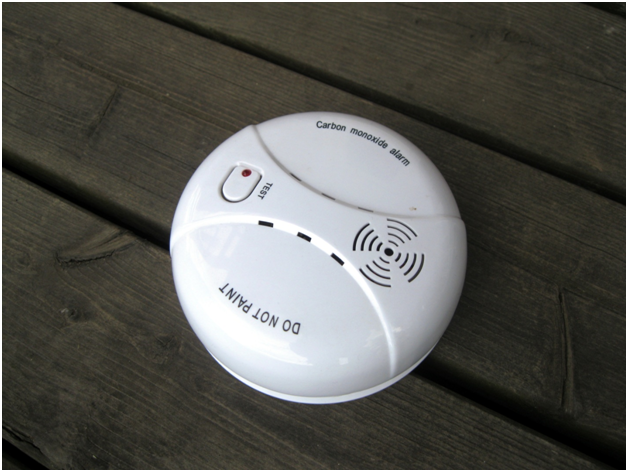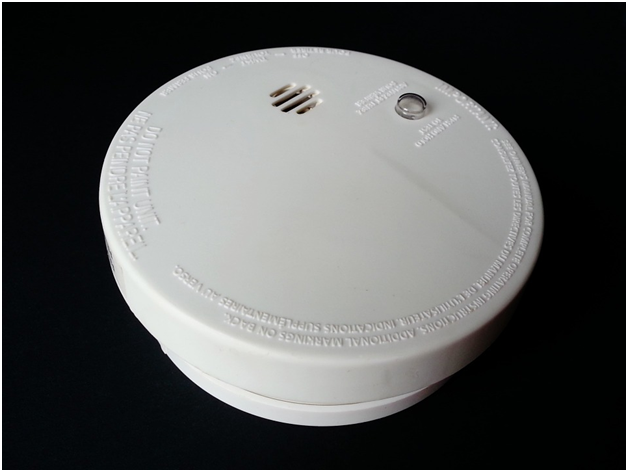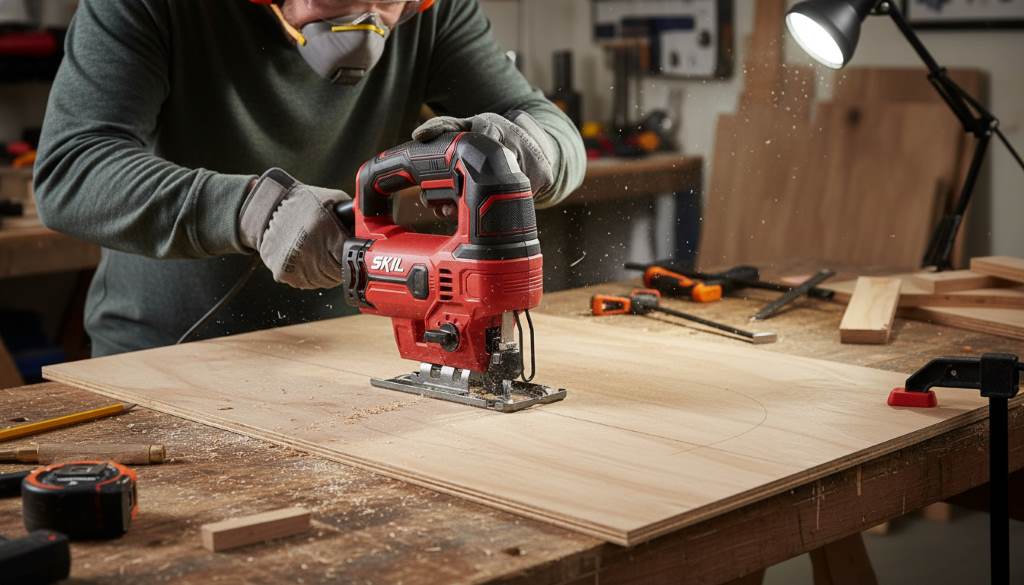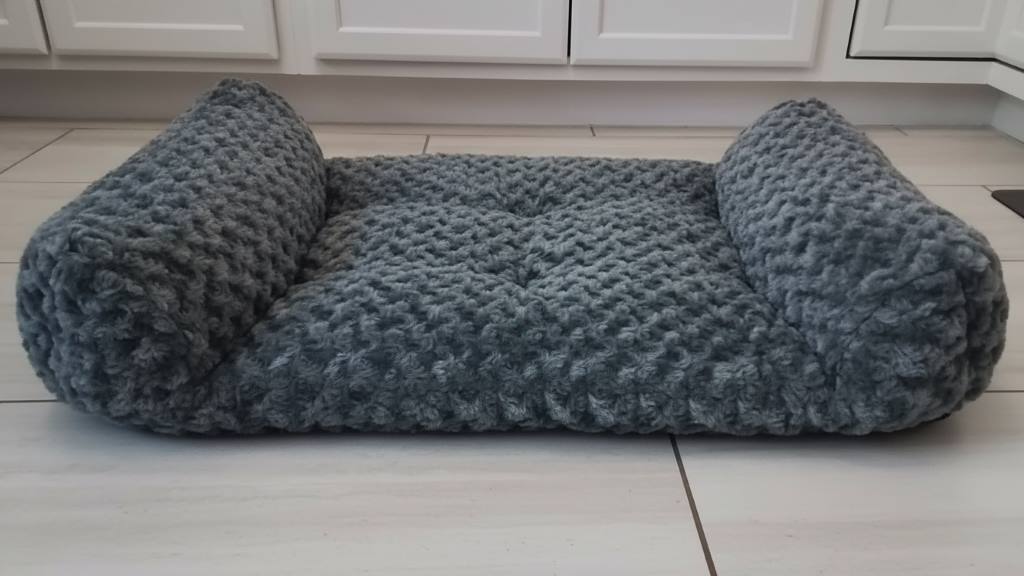In this article we take a look at carbon monoxide detectors and why they should be fitted. This is such a simple thing to do and it really could save your family’s lives.

What Is Carbon Monoxide?
Carbon monoxide is a naturally occurring gas in the air, but if present in high levels it very quickly becomes deadly. Although most appliances are usually safety tested and harmless to use, if they develop a fault such as a blocked vent it is possible that hazardous amounts of carbon monoxide could be released. As the gas is odourless, tasteless and colourless, the only way to alert people in the area of this silent threat is by using a functional carbon monoxide detector.
What Types of Detectors Are Available?
Detectors are of two types: either battery powered or hard-wired units. Duel models are also available which will detect both carbon monoxide and smoke. All are quick and easy to fit.
If you are looking to buy a new carbon monoxide detector, there is lots of advice available online, such as from the consumer advice organisation Which? Local plumbing or central heating repair firms doing boiler repair in Gloucester will also be able to assist in many cases. So whether you need a boiler repair in Gloucester or a new wood-burning stove fitted in Guildford, it is worth checking that you have effective carbon monoxide detectors installed in your home.

Where Do I Need to Fit Detectors?
If there is a fuel-burning appliance on more than one floor of your home or workplace, you need a carbon monoxide detector for every level.
Examples of these appliances include:
– Any heating unit such as boiler, space heater, fireplace or furnace
– Wood-burning units
– Oil, natural gas or propane stoves, refrigerators or heaters
– Any gas or diesel appliance, such as generators (which are only for outdoor use)
– Any agricultural, bio or other type of heating stove
If you work regularly on a vehicle running in an enclosed garage or workshop, you need to install a unit here as well. It is vitally important to follow other safety precautions, such as ensuring your equipment is fully serviceable, the area is adequately ventilated and equipment intended for outdoor use only is never used indoors.




